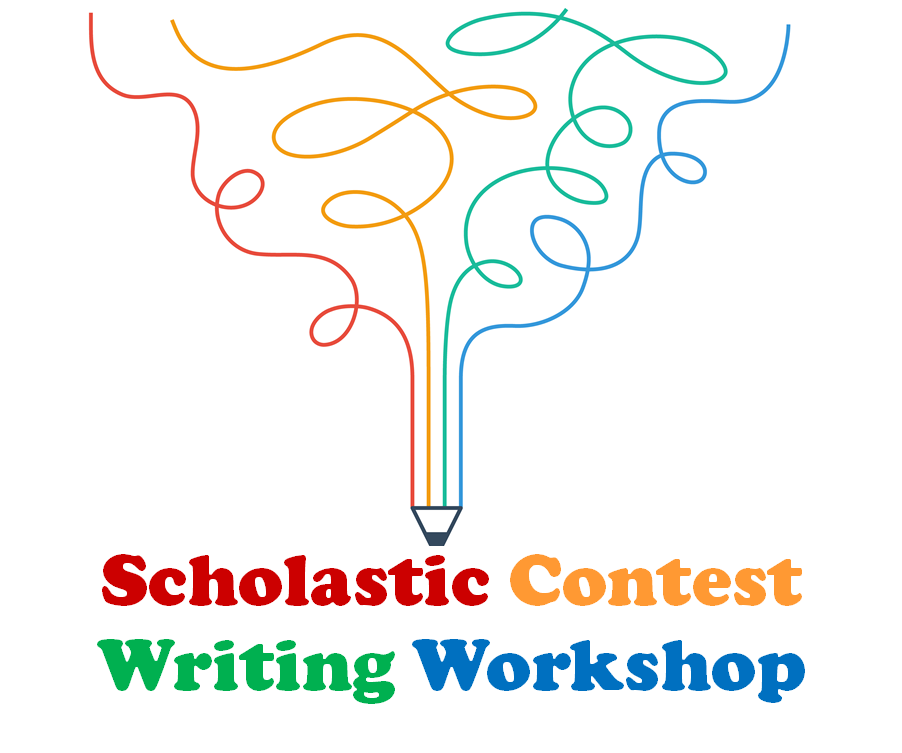Scholastic Art & Writing Awards
The Scholastic Writing Awards are the nation’s longest-running and most prestigious recognition program for creative teens. Through the Awards, teens in grades 7–12 (ages 13 and up) from public, private, or home schools can apply in 28 categories of art and writing for their chance to earn scholarships and have their works exhibited and published.
Last year, students submitted nearly 320,000 works of visual art and writing to the Scholastic Awards; nearly 90,000 works were recognized at the regional level and celebrated in local exhibitions and ceremonies. The top art and writing at the regional level were moved onto the national stage, where more than 2,600 students earned National Medals.
It’s motivating, competitive, prestigious, and one that winning students should list on their high school honors record.
Important Tips from StemIvy for Scholastic Awards Submission
- Start early
Students could open their online accounts and start submitting work for the 2020 awards early. Submissions are only open from September through December or January (deadlines vary by region), but it is never too early to get started!
- Be You! Be Original!
The most important criteria students must consider when submitting to the Scholastic Awards is Originality.
- Plan when you want to submit your entries. The final deadline for the 2020 writing awards depends on your region.
- If you enter poetry, plan a little extra time to prepare your entry. You can enter five poems in one entry.
- Review, review, review!
Edit your work now and seek feedback from educators. Make sure you have a completed, polished piece to enter by September, and maybe get a few ideas for a new piece in the process!
- Challenge Yourself
Test out different prompts available online to inspire your next piece. Even if a prompt doesn’t quite speak to you, it’ll get your creative mind flowing. Don’t be afraid to go beyond the assignment and add your own voice to the work!
How StemIvy Support Your Submission!
StemIvy has been helping students compose and prepare work for the Scholastic Writing Awards. StemIvy students have enjoyed unprecedented regional and national success in the Scholastic Awards.
The Scholastic Writing Awards is just one of many recognition and publications opportunities that StemIvy encourages students to pursue. In workshops, however, our instructors place a premium on completing and polishing a work that the student is proud to submit.
How StemIvy Scholastic Workshop Works?
Each of the following 8 courses serves as an ideal introduction to the prestigious Scholastic Art & Writing Competition (grades 7-12), with our professional writers and professors helping develop students’ writing and critical thinking talents so they can compete and win medals in the 8 respective Scholastic categories.
Critical Essay:
The critical review is a writing task that asks us to summarize and evaluate a text. This course involves analysis and critiques of passages from famous novels and journal articles, challenging students to synthesize textual evidence with rhetorical devices to unearth authors’ true meanings.
Short Story:
Short stories trade the length of traditional stories for intrigue and immediate effect, frequently showing us the world through colorful angles and sharp shifts in plot. This course will introduce students to some of the most famous American short story works. Students will construct their own essay-length story based on these essential components, mixing in important literary elements throughout the process.
Journalism Writing:
Journalists are inherently storytellers, adding shape and meaning to news, to public policy and to world events. This course will train students to cultivate their ideas, honing their descriptive skills, and finding the perfect tone and voice.
Writing Humor Essays:
This course guides students to a unique and light-hearted yet highly-meaningful style of writing. Humor essays are narratives with a beginning, middle and end. Students will learn to dissect examples of humor writing and identify underlying structure and tone triggers. Imagination and language is key!
The Personal Essay:
A great personal essay always successfully documents the writer's journey through a specific experience. This course focuses on how to be a compelling first-person narrator and employ craft elements such as theme, character development, voice, pacing, scene-setting, and exposition to tell a story that is enriching and insightful.
Poetry:
Poems are among the purest forms of communication, describing the mystery and beauty of our lives through the poet’s experience, captured in image, music and line. In this course we will experiment with the everyday, with memory, dream, figurative language, and imagery as pathways into making poems.
Science Fiction:
Perplexing, larger-than-life, and surprising logical all at once, science fiction places unique twists on the everyday elements of life we take for granted. Science fiction writing follows a precise and logical progression, growing complex but understandable enough to keep drawing the reader in.
Fantasy:
Fantasy writing is magical, full of innovative characters and settings, and super fun to explore! Students will discover the essential elements of the fantasy genre through themes of utopia/dystopia, superpowers, and characters that lie beyond the traditional human expression. This course prepares students to write their own fantasy pieces and breathe life into amazing characters and realms.


